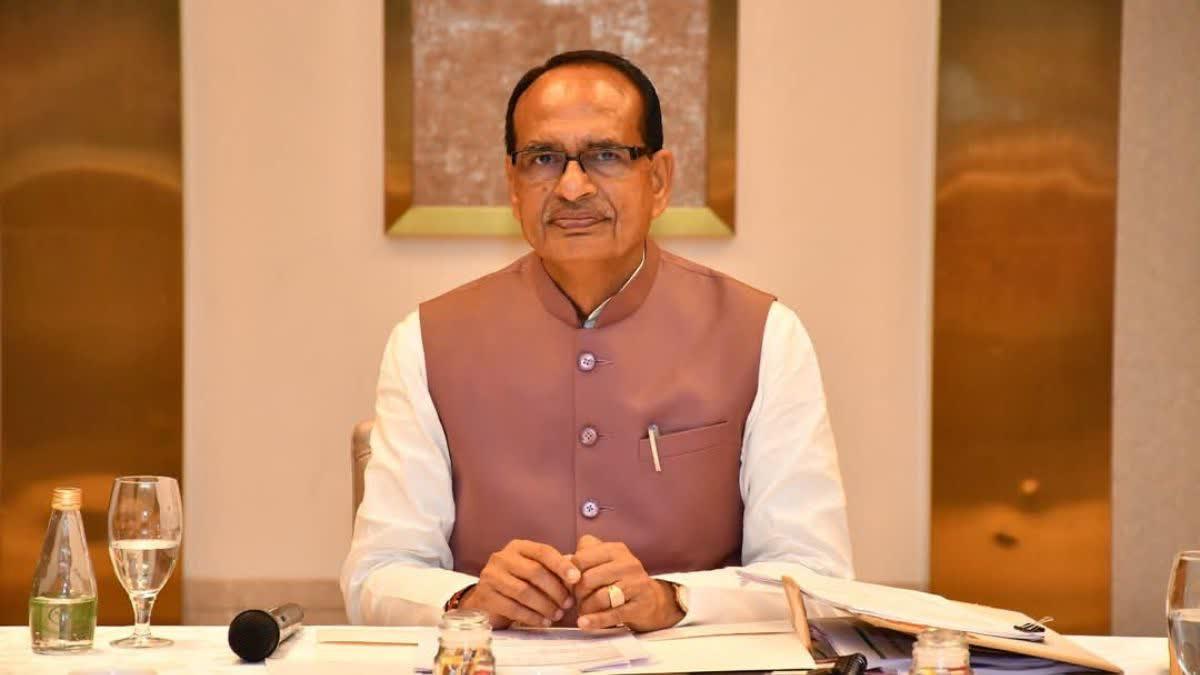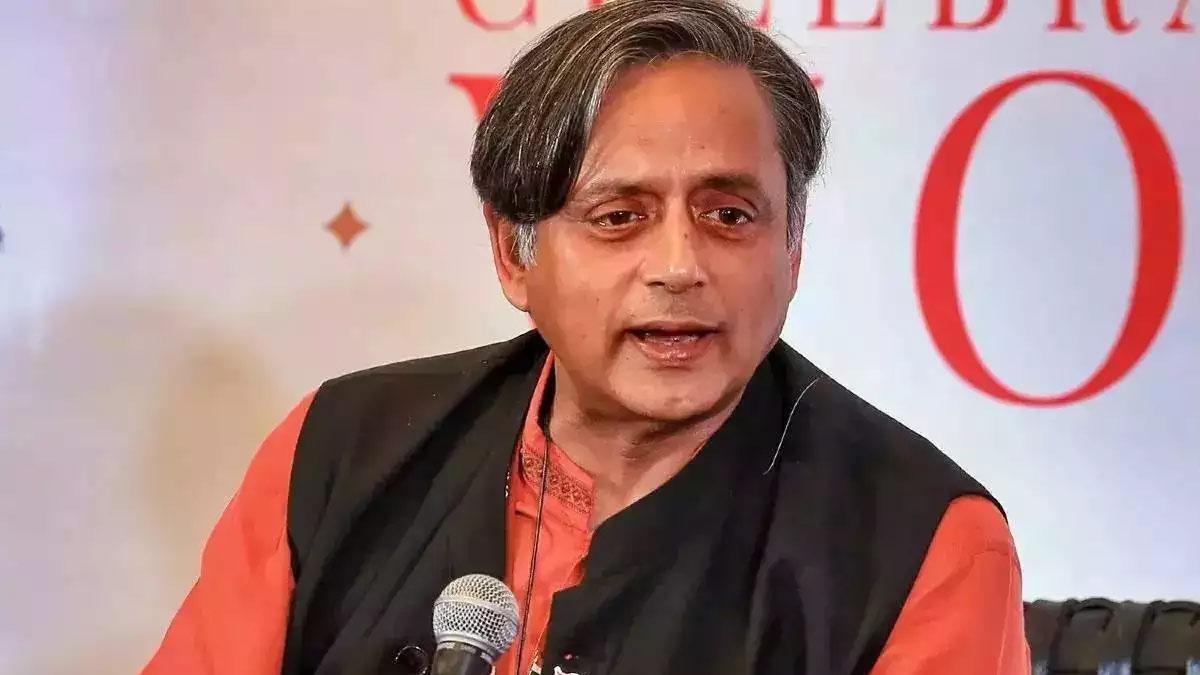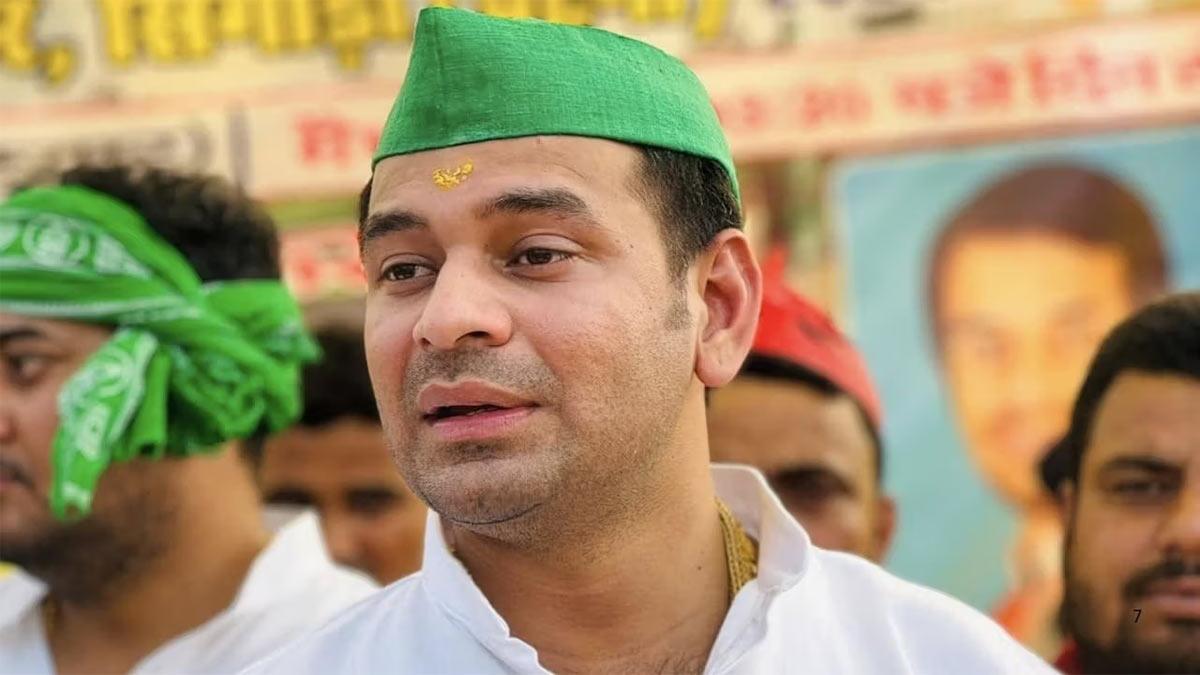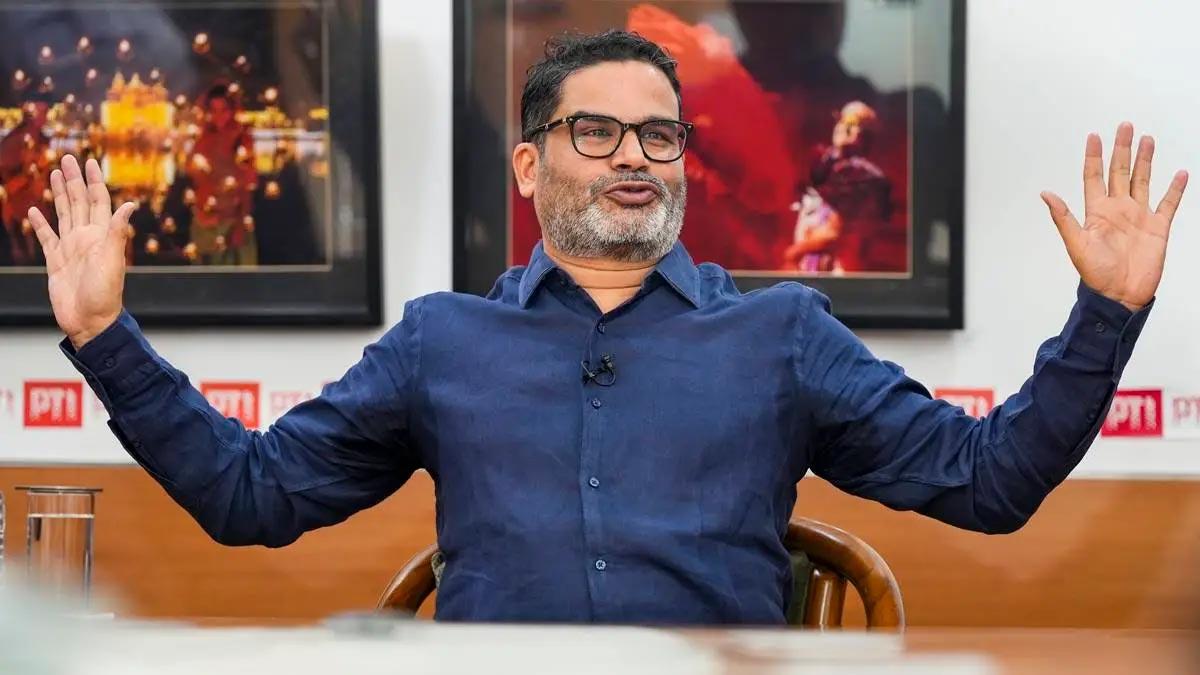Congress MP Shashi Tharoor has come to the defense of his chairmanship of an all-party group that went to America on an official visit representing India's position against terror in the wake of Pahalgam terror attack and Operation Sindoor.
In an interview with PTI Videos on Wednesday, Tharoor insisted that working in the national interest must never be confused as being disloyal to the party.
"Frankly, if one is in the service of the nation, I don't think one worries too much about these things," Tharoor said in response to internal criticism from within Congress about his public presence during the journey of the delegation.
Asked what he would tell party colleagues who were critical of his stance, he replied: "I think anybody who sort of considers that working in the national interest is some sort of anti-party activity really needs to question themselves rather than us."
He went on, "I truly feel that at this stage we are working on a mission here, and we don't have to spend so much time concerning ourselves with what is said or not said in the heat of the moment by different people because for us the emphasis is on this much bigger and more significant message. When the moment arises, we'll address (it)."
Tharoor further quoted remarks by his party colleague Salman Khurshid, observing, "My friend Salman Khurshid asked if it was so difficult to be a patriot in India these days."
Reacting to rumour on social media regarding his future in politics and possible party switch, Tharoor was clear: "I'm an elected member of parliament. I have four years left of my term. I don't know why there is any question to be asked."
He also moved the mission further away from party-line narratives, pointing out that Rahul Gandhi, the leader of the Congress, had accused Prime Minister Narendra Modi of having "surrendered" after a telephonic conversation with US President Donald Trump. Tharoor, however, made it very explicit: "We are not here on a party political mission. We are here as representatives of a united India."
The parliamentarians in the visiting group represented five political parties, three religions, and seven states. They included Sarfaraz Ahmad, Ganti Harish Madhur Balayogi, Shashank Mani Tripathi, Bhubaneswar Kalita, Milind Deora, Tejasvi Surya, and India's former US ambassador, Taranjit Sandhu. The delegation arrived in New York on May 24, after making earlier stops in Guyana, Panama, Colombia, and Brazil before moving on to Washington, D.C., for the last leg.
"It's a wonderful cross-section representative of India's diversity. And yet we've managed to come up with a common message. So unity in diversity too, in this group, and to my mind, our attention has to be on that common message, because when it comes to the national interest, national security, honestly, I think by and large, the country is united," Tharoor said.
He repeated something he had previously expressed in a previous interview, stating: "Our political differences stop at the edge of the border. Once you cross the border, you are Indian, and your other allegiances come second."
Discussing Trump's assertions of mediation between India and Pakistan, Tharoor spoke diplomatically. "I'm not necessarily having to respond to it because I'm not here to create any kind of complication in our relationship with the White House. We have great regard for the American presidency and for the American president. And I think we don't know precisely what his people told Pakistan."
He went on: "We never needed to be convinced by anyone, because our message day one was, if Pakistan retaliates, we will retaliate even more. If they halt, we will halt. We made that statement day one. We made that statement day last.
"So from our perspective, there was no requirement for them to ask us to disengage because we were going to disengage as soon as Pakistan did. Naturally, they might have spoken to Pakistan. They might have said all sorts of things to Pakistan. We shall never know because that is between them and Pakistan, and that will probably account for a lot of what is being revealed in Washington.". But I cannot tell you because I am not Pakistani and I am not American," he concluded.
The latest escalation of tensions between Pakistan and India was initiated by the Pahalgam terror attack on April 22. India retaliated with precision strikes on terror infrastructure in Pakistan and Pakistani-occupied Kashmir on May 7. Pakistan retaliated with attempted attacks on Indian military targets from May 8 to 10, to which India reacted assertively. Both nations decided to stop hostilities after a military-to-military conversation between their respective Directors General of Military Operations on May 10.
Read also| BJP Questions Rahul Gandhi’s Allegiance Over ‘Surrender’ Remarks


















